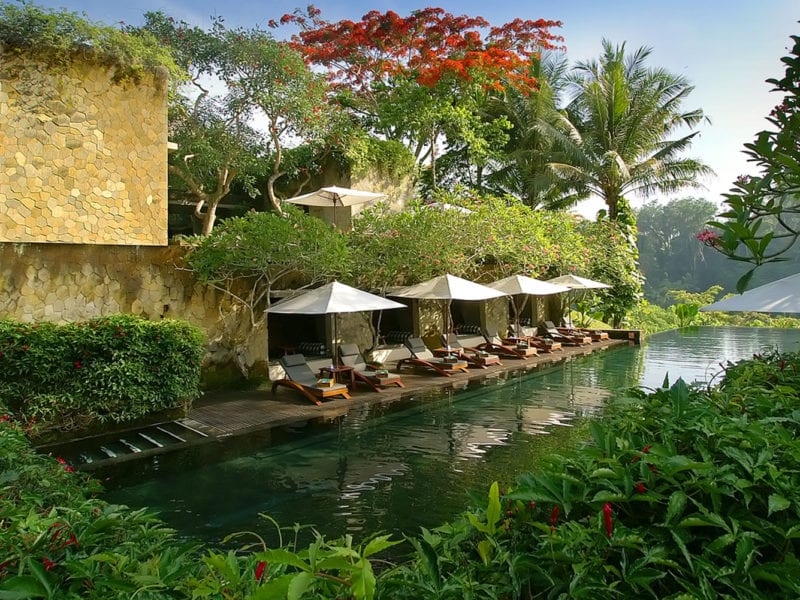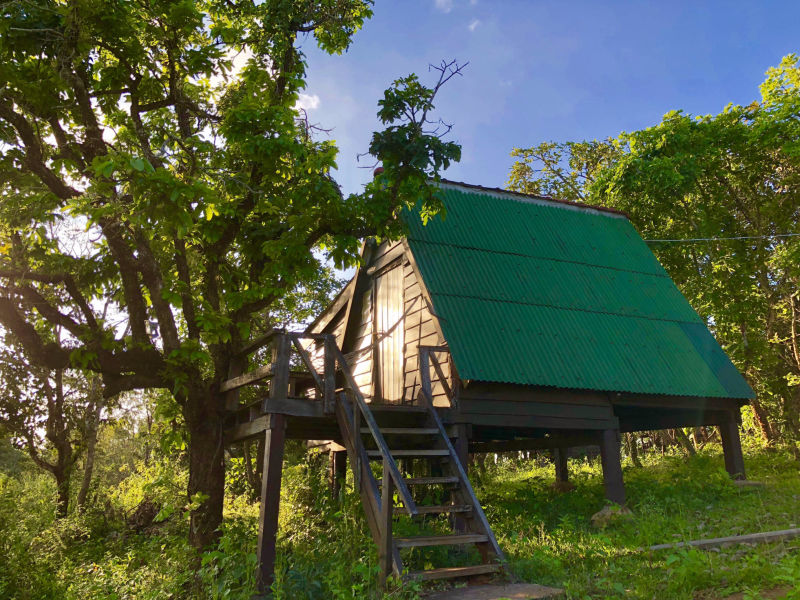
Ecological tourism. Eco-hotels.
What is eco-tourism? The term “Ecotourism” was coined in 1983 by the Mexican architect Hector Ceballos-Lascurain, an active consultant on ecotourism.
In 1990, the World Association of Ecological Tourism was formed, and in 1996, there was already the World Association of Ecological Tourism. Although there is no agreed sustainable definition of Ecotourism, there are four common objectives.
Ecological tourism goals:
- Preservation and protection of the environment.
- Improvement of economic and cultural well-being of the local population.
- Expanding and enriching the experience of tourists.
- Profitability of businesses and economic feasibility.
Ecological tourism is one of the types of tourism, the main motivation of which is the natural zone, responsible travel, not disturbing the balance in the environment, but contributing to its protection and improving the welfare of local residents.
Conventional tourism, recognized as one of the “Largest Industries” and has the highest growth rates in the world, produces 11% of the gross national product in the world, employs about 200 million people, serves about 700 million tourists per year, this figure will increase by 2020 and will amount to 421100000000000 – data taken from the “World Tourism and Travel Council” WTTC.
Ecological tourism is the only direction in the tourism industry, which is interested, first of all, in the preservation of nature and its surroundings: monuments, plants and animals. An integral part of the development of ecotourism is the promotion of recycling, water and energy conservation and the creation of economic opportunities for local communities.
For many countries, ecotourism is the main branch of the economy. For example, in such countries, Costa Rica, Ecuador, Nepal and other ecotourism represents a significant part of the Gross National Product and local economy.
The year 2002 was proclaimed by the UN as the “World Year of Ecotourism”. There are two main international organizations responsible for ecotourism: the United Nations Environment Programme (UNEP) and WTO tourism. These organizations are designed to open a broad discussion on the contribution and development of ecotourism, information exchange, methods of learning, and marketing development.
Criteria for eco-tourism:
Criteria for ecotourism have been adopted in academic circles:
- Remote nature sites protected by special organizations and individuals.
- Reduction of the negative impact on the environment, including hotels and roads; control over the number of visitors and their behavior, aimed at reducing damage to the ecological system.
- Education of environmental literacy, code of conduct.
- Profit from ecotourism, or some part of it, designed to preserve the environment, science and education.
- Ecotourism helps local residents to participate in decision-making.
- Respect for local culture.
- Supporting the democratic movement and protecting human rights.

Let’s look close:
In fact, any type of tourism is a potential waste of precious resources and pollution. Car travel is about gasoline, exhaust fumes, and airplane fuel, energy consumption.
And how much food is consumed in tourist trips, and how much water and electricity is used for the necessary amenities. That is, all these modern attributes of tourist movements are not fully compatible with the thoughts about the future of our Earth.
Nevertheless, a person who worked intensively all year long in conditions of fierce competition, it is just necessary to have a rest, go on vacation, will be divorced from everyday life, benefit, offers for trips on the Internet a great deal. How, can you combine the useful with the pleasant, if sometimes they are not compatible? How can we try not to harm our environment?
Ecotourism assumes that pollution can occur in any case and focuses on minimizing potential damage.
For example, heating:
Instead of electric heating in international reception centres for eco-tourists, heating is done by burning wood in a fireplace or furnace. Although there is a small smell of fire on your clothes, it is not a big deal, but it does not harm the environment.
Attitudes towards water:
The issue of water use is approached very carefully and thoughtfully. For example, in Switzerland, in places of ecological rest, there are special systems of water use, in which water, after a person takes a shower, is used for watering and irrigation of the ecological garden, which is located right there in the recreation area.
Gardens grow, “eat” from holidaymakers, and, conversely, ecotourists get tasty and environmentally friendly fruits for dessert.
Ideal application of the sustainability principle: a network of mutual support between needs and consumers is formed.
World ecotourism:
Let’s talk about existing ecotourism sites that deserve special attention.
Winter sports enthusiasts should know that in Switzerland, a unique tent camp called Whitepod is located in the Alps at an altitude of 1700 meters above sea level. The tents themselves, 12 pieces – geodetic domes, in summer green, in winter – white, made of high-tech and environmentally friendly material that can be easily heated and cooled.
This “Eco-hotel” serves 24 guests simultaneously. The town is buried in the snow, clean, transparent air, as, movement by car is prohibited there. All walks are made on foot, on skis or sleigh. Instead of electricity in tents – oil lamps, and they are heated with wood and bourgeois ovens, as in long-forgotten times. The hotel has a common shower, sauna, restaurant, which, accordingly, uses only organic products.
The furniture is made of recycled materials, bedding made of organic fabrics, garbage is recycled.
